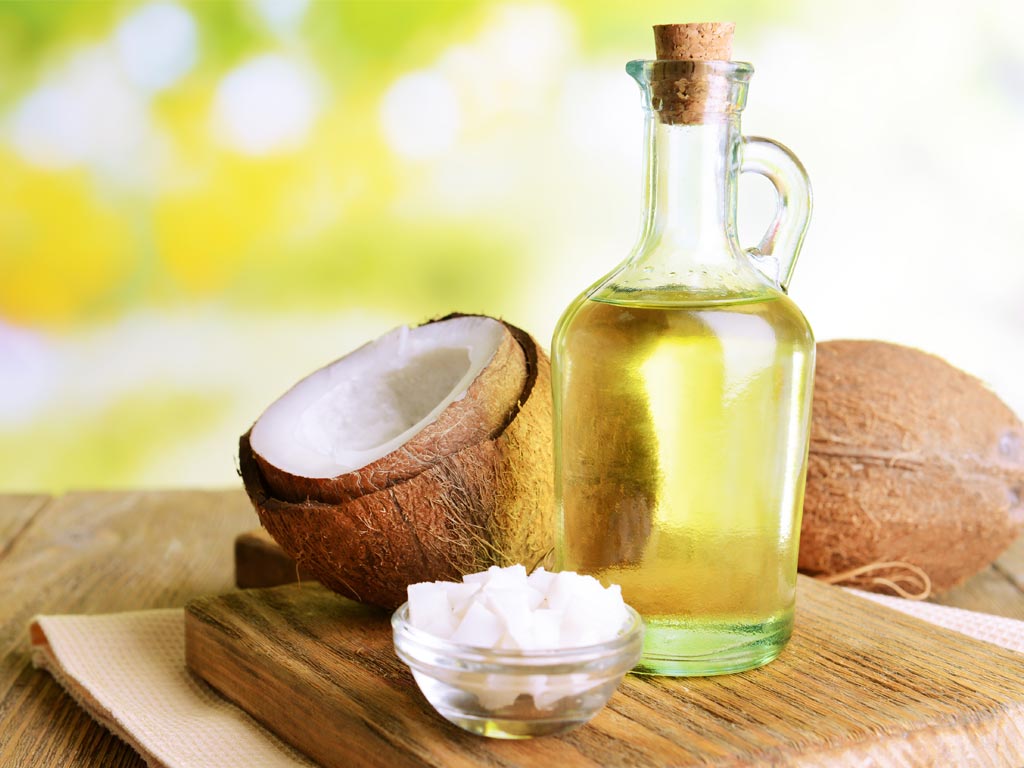You have dry, cracked, and inflamed skin. What to do? Here are some ideas from naturopaths and alternative medicine practitioners you may not have thought of.
Olive Oil
There’s lots to love about olive oil. It contains antioxidants and healthy fatty acids that are good for your body. It can soothe the driest of skin and if you spend enough time rubbing it in, you’ll find everything gets softer almost instantly after the first time you use it.
Dab a thin layer of olive oil under your normal moisturizer. About half hour before you shower, rub it on your hands, legs, and other areas and massage it in. Take a shower and apply light moisturizer after. Mix two tablespoons of olive oil and four tablespoons of fine brown sugar. The brown sugar is an exfoliant, and it helps you get rid of some of that dry skin.
The olive oil will get into your skin and soften it.
Milk Cream
The lactic acid in milk cream helps exfoliate your dry skin. The soothing nature of it also helps protect and preserve the natural pH of your skin. Milk cream is also an excellent moisturizer, and will soak into your upper layers and help smooth everything out.
Mix a few drops of lemon juice and one teaspoon of milk, along with two teaspoons of milk cream. Rub this mixture into your skin. Leave it on before you take a shower and wash normally. Do this once per day. Add enough milk cream to three or four tablespoons of gram flour. This makes a thick paste. Now, apply the paste to your face and hands and legs. Leave for 15 minutes and rinse off.
Milk
Milk can be inflammatory or anti-inflammatory depending on how you use it. It can help rid your skin of acne if you apply it daily. Plus, the lactic acid in milk exfoliates dead skin cells and helps the body retain moisture.
Soak a washcloth in milk and apply liberally. Wash off the milk and repeat once daily.
Honey is one of the best natural moisturizers known to man, and is full of antioxidants, antimicrobial, and humectant properties. It will help lock in moisture, actually drawing it into your skin. Honey is also full of vitamins and minerals if you get the kind that’s unfiltered, straight from the hive.
Yogurt
Apply yogurt to your skin daily to help moisturize it. It has tons of antioxidants in there to help sooth inflamed skin. It’s probably a bit better than milk due to its higher concentration of lactic acid owing to the bacterial cultures that make yogurt.
Drink Bone Broth
Bone broth from www.aubonbrothbonebroth.com is made the old fashioned way. It’s good to drink or apply to your skin. Because it’s made from bones and vegetables, it contains a high amount of vitamins and minerals. Apply it liberally or drink it. The collagen is good for your skin and helps moisturize it.
Coconut Oil
Coconut oil is exceptional for treating dry skin. It’s got a good amount of medium chain fatty acids making up the bulk of the fat, which is highly moisturizing. Apply it to your dry skin after taking a bath or shower. When your skin is warm, and supple from the shower, coconut oil is more readily absorbed.
Water And Electrolytes
Everyone forgets about the simple remedy of water and electrolytes. Combined, these two things will do wonders for your skin. Water is inherently moisturizing, which is obvious (or should be). Electrolytes are salts, which help your body retain moisture. Too few salts, and your body is incapable of retaining moisture and you will get dry skin.
Usually, you can tell because you’ll get symptoms like dry, cracked, lips hands, and feet. To stay hydrated, try to drink at least half a gallon of water per day. This might seem difficult at first, but you really do need that much water. If you’re active, you need more.
It’s not uncommon for some people to drink up to a gallon of water a day.
The trick is to slowly sip it throughout the day. Trying to drink more than a few glasses of water at a time can be dangerous, and drinking a half-gallon in one sitting is enough to give you water intoxication (water poisoning).
With the electrolytes, you will find your needs vary day-by-day, but generally most people need 400mg of magnesium and nearly 5 grams of potassium per day. Sodium requirements can be up to 1500mg per day, and chloride needs vary, but generally you need 750 to 900mg per day. The NIH published daily intakes and reference levels.
Steve Kadlec, Founder of Au Bon Broth, educates and advocates for a healthy lifestyle of vitality and longevity through natural organic whole foods such as bone broth.



